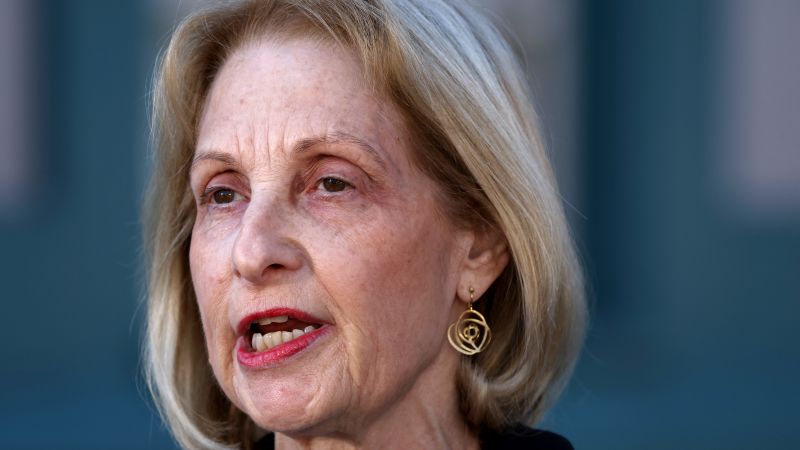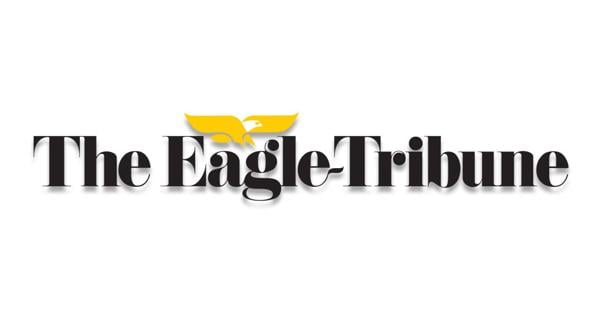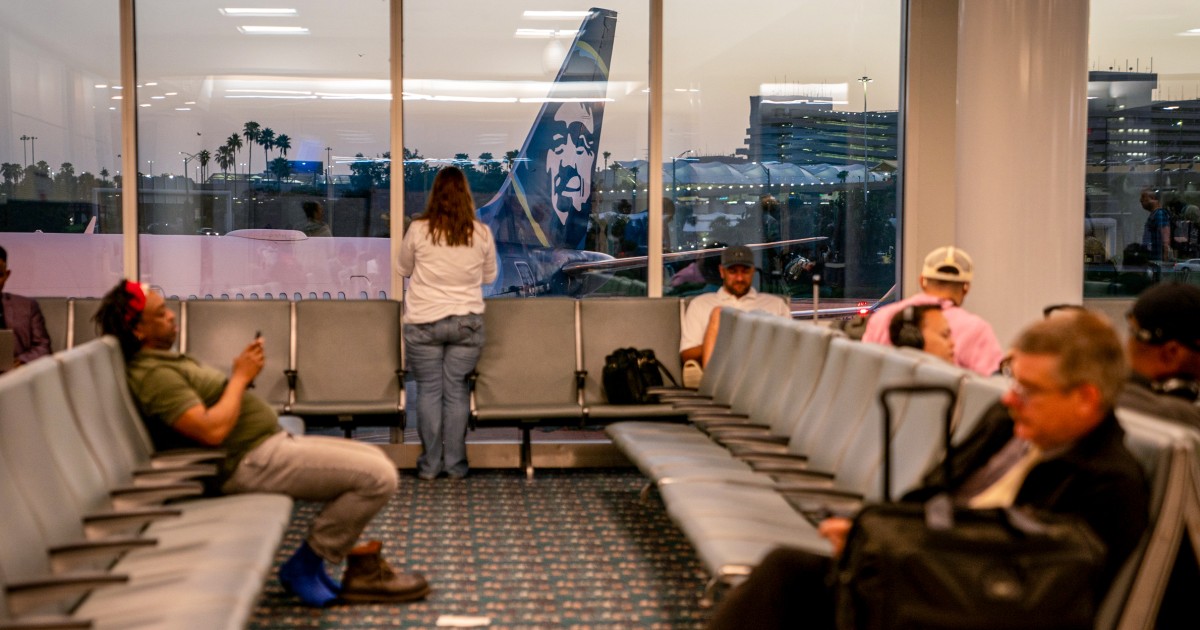Universities Face Funding Cuts Over Antisemitism Measures in Australia

Australian universities may face funding cuts if they are deemed insufficient in addressing antisemitism, according to new proposals from the country’s first antisemitism envoy, Jillian Segal. Appointed a year ago in response to a spike in antisemitic incidents, Segal released a comprehensive report alongside Prime Minister Anthony Albanese outlining robust measures aimed at countering anti-Jewish hate crimes in Australia.
The report, which has been in development for nine months, suggests that universities should be subjected to annual evaluations assessing their effectiveness in combating antisemitism. Segal emphasized that the initiatives are not intended as preferential treatment for any single community but are aimed at ensuring equitable treatment for all Australians. She stated, “It’s about ensuring that every Australian, regardless of their background or belief, can live, work, learn and prosper in this country.”
Rise in Antisemitic Incidents
Following Israel’s military action in Gaza in October 2023, antisemitic attacks in Australia surged by 300%. Recently, a synagogue in Melbourne was vandalized, resulting in an arson incident that forced congregants to evacuate. Concurrently, a nearby Israeli-owned restaurant was stormed by protesters chanting anti-Israel slogans. This incident led to charges against several individuals for their involvement in the attacks.
The Executive Council of Australian Jewry, which Segal previously led, welcomed the report as timely and necessary given the recent violent events. In contrast, the Jewish Council of Australia expressed concerns about the plan’s implications, likening it to former U.S. President Donald Trump’s approach to controlling educational institutions through funding. Executive Officer Max Kaiser warned that any response focusing solely on antisemitism while ignoring other forms of hate would be ineffective.
Comprehensive Recommendations
Segal’s report extends beyond universities, proposing sweeping changes across various sectors, including education, immigration, and the arts. It advocates for the incorporation of Holocaust education into the national curriculum to highlight the dangers of unchecked antisemitism. Moreover, arts organizations could face similar funding restrictions if they are found to have facilitated antisemitism.
The recommended measures also include stricter immigration screening processes designed to identify and exclude individuals with antisemitic views. The proposals suggest amendments to the Migration Act to allow authorities to revoke visas for those demonstrating antisemitic behavior.
During the press conference, Albanese condemned an interview on national television where a protester attempted to rationalize the violent actions in Melbourne. He stated, “There is no justification for that whatsoever,” reiterating the importance of respectful discourse in a democracy.
As the conversation surrounding antisemitism in Australia continues, the impact of social media on public opinion remains a concern. Albanese noted that the algorithms driving social media platforms often reinforce extreme views, contributing to a polarized public debate. He emphasized the need for a balanced discourse while allowing for the expression of diverse opinions.
The growing scrutiny of antisemitism alongside other forms of hatred reflects a broader societal challenge. The proposed measures aim not only to combat antisemitism but also to foster an environment of respect and understanding among all communities in Australia.






